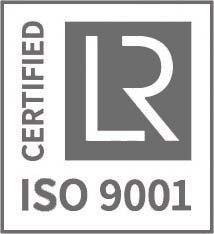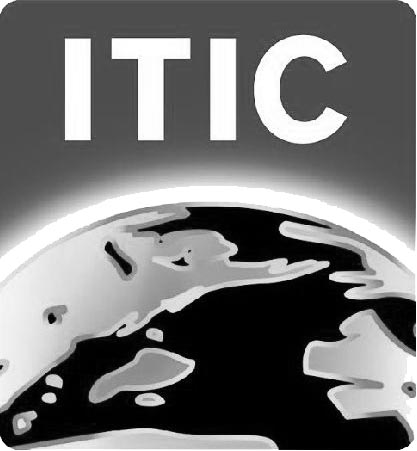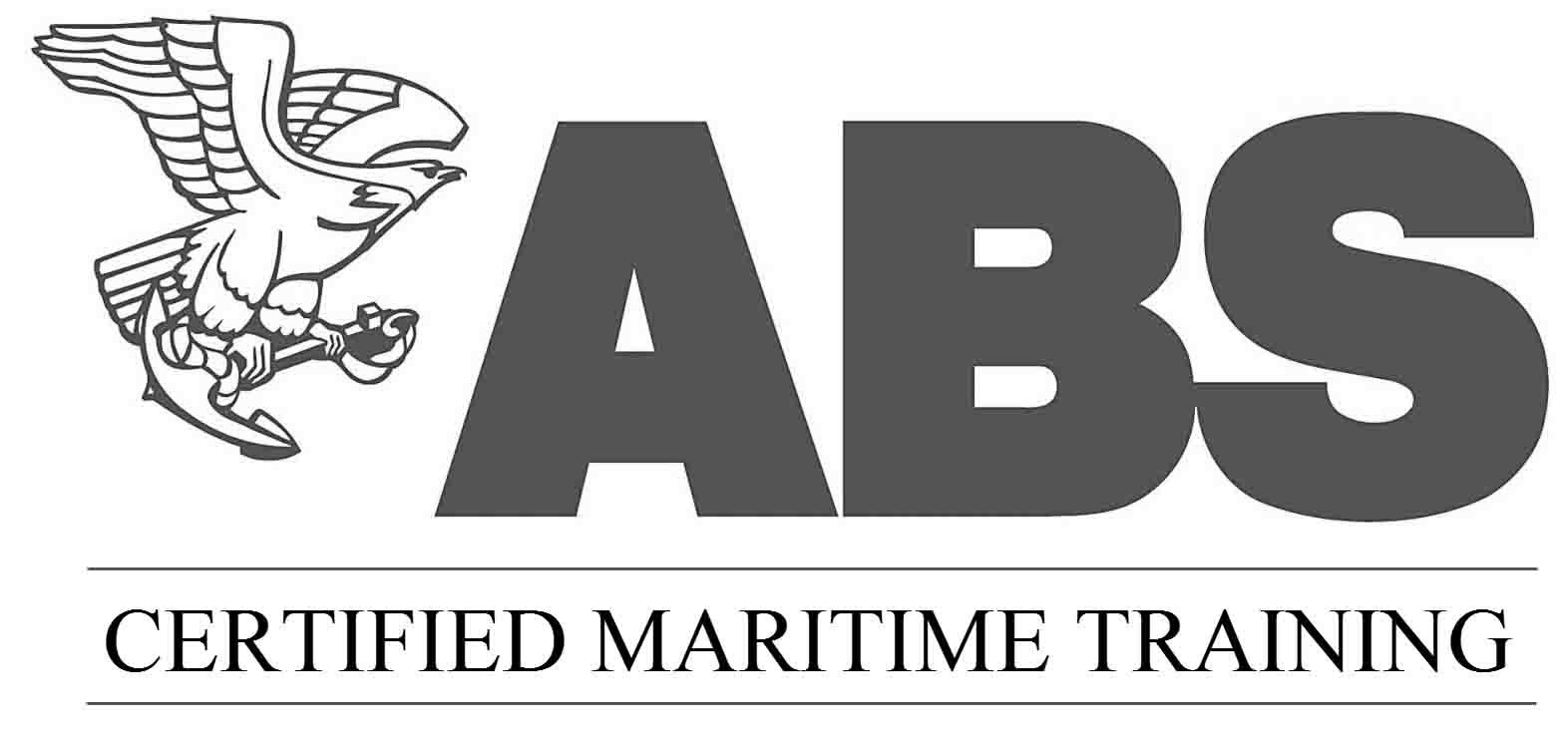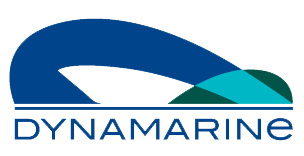STS Cargo Hoses
01-07-2021
|
|
STS Cargo Hose Retirement Criteria Requires Transparency Mr. Anargyros Zenios, & Alexandros Glykas, DYNAMARINe DYNAMARINe has recently received a number of queries from STS member vessels associated with the possible impact on safety and acceptance of STS hoses with allegedly prolonged service life might have. Apart from obvious issues over safety concerns, the shipowner has to also consider liability towards the STS plan conformity. This is a discussion on the pertinent issue which provides guidance for shipowners and charterers. Although it is a contractual agreement between the shipowner and the charterer, that the STS operation has to comply with provisions, not less than those reflected in the OCIMF STS guide, there are concerns about whether the STS service provider will mobilize STS hoses that are in conformity with the recommendations of the manufacturer and latest OCIMF guidelines. The objective is to ensure prior to the commencement of an STS operation that the proposed STS hoses are properly inspected, maintained, and offered for use in conformity with the retirement criteria imposed by the manufacturer. The technical operator has every right under the ISM code, STS plan, and MARPOL convention to use reasonably extra time if required to verify compliance with industry requirements prior to accepting the relevant STS equipment onboard the vessel. Under s 4.3.2 of the latest OCIMF guidelines, advice that should be rendered by the STS organizers amongst others is the following embolden wording, Details of equipment (including confirmation of the integrity of hoses, fenders, etc), logistical support, and personnel to be provided. What constitutes the definition of a confirmation of integrity of hoses? Does the STS industry address specific criteria that a reasonable and prudent shipowner may rely on when assessing the integrity of a hose with prolonged service life? For the carrier is of utmost importance to rely consistently on a set of transparent rules when assessing the proposed STS hoses. However, in the context of STS hose service life extension, a shipowner will accept such equipment from an STS service provider provided that the service life the extension was made in consultation with the manufacturer, by virtue of s. 9.2.6 of the latest OCIMF STS guidelines and the Manual On Oil Pollution section I (MOP). Additionally, in ch. 6.2.6.8. of MOP, the following indicative criteria can be traced: 1. the presence of defects detected during visual inspections. Defects prompting retirement could include irregularities in the outside diameter, such as kinking, damaged or exposed reinforcement, or permanent deformation of the casing and damage, slippage or misalignment of end fittings; 2. after a defined period in service, established in consultation with the manufacturer; and 3. when the temporary elongation of the hose, measured during routine pressure tests exceeds maximum allowable values. From a charterer's duty aspect, it is commonplace that the Charterer is bound to use reasonable diligence in ascertaining whether the ordinary STS equipment including the STS hoses that will be utilized for an STS operation is in accordance with the requirements of the standard to which the hose was manufactured and the associated manufacturer's recommendations. In the event, the manufacturer imposes defined retirement criteria, (i.e hours of use or years in service) owners would contemplate that the STS service provider should provide STS hoses that are in conformity with the relevant requirement. With regard to the current issue, the prolongment of hose life should be justified and be provided along with an undertaking or a guarantee by the manufacturer that the extension of hose life was made on the basis of an approved and recognized technical study. On the basis of the industry's available information, a technical study may include a statistical database of wear, damages, and failure frequency rates by comprehensive testing, including burst testing. In a similar vein, it is noteworthy that in December 2020 OCIMF's STS Service Provider Management and Self-Assessment, Version II has recommended that charterers should exercise due diligence in approving well-managed, good-quality STS Service Providers for use in STS operations. Before subscribing to the services of an STS Service Provider, companies will assess and review the safe management and operation of the STS transfers conducted by that Provider. Having mentioned that, for shipowners' understanding, the charterer should have approval criteria including the STS gear, when making his decision to appoint an STS Service Provider. Indirectly the merits of the OCIMF recent guideline in this respect is to add on accountability to the charterer when he nominates an STS Service Provider. Regardless of the charterer is an oil Major or instead of a trader. For the reasons discussed above, it is reasonably inferred that If charterers fail to make a valid nomination of STS equipment within the time required, charterers are not entitled to claim damages for any delay that is likely to be incurred in awaiting objective evidence of the integrity of hoses. This is a somewhat confusing area for the Technical Operators engaged in STS operations and the absence of a decisive position by the involved STS hoses manufacturers in the industry only exacerbates the problem. Bearing in mind that the STS operation should be carried out in accordance with the latest OCIMF guidelines, that the shipowner should abide by the provisions of the Civil Liability Convention against oil pollution and that the integrity of cargo hoses is inextricably intertwined with the obligation to provide cargo, the charterer should provide to owners all material information related to the quality, reliability, and efficiency of the STS hoses. To mitigate commercial loss, the charterer owes to exercise his due diligence timely when appointing STS Service Providers. As DYNAMARINe, we consider it unfair for the Shipowner and his Master, to have a burden on the ageing criteria of STS hoses. Can somebody or any organisation be clear enough if the discard criteria are 4 years, 6 years, 8 years or even 10 years? Furthermore, is the decision for extending the life span of cargo hoses subjective or instead based on transparent and objective evidence? Finally, is the charterer responsible for providing his warranty over the condition of cargo hoses? According to hose manufacturers, the responsibility of the cargo hose retirement criteria rests with the STS Service Providers, should the hose is used beyond 4 years proposed period. Such responsibility has to be dlegated to the charterer who has the contractual relationship with the STS Service Provider instead of the ship owner. ReferencesICS/SIGTTO/OCIMF/CDI, Ship to Ship Transfer Guide for Petroleum, Chemicals and Liquefied Gases (1st edn, Witherby, London 2013) International Maritime Organization (IMO), Manual on Oil Pollution Section I - Prevention (IMO, London 2011) International Safety Guide for Oil Tankers and Terminals (ISGOTT), 6th edn, Witherby, London 2020. Various Documentation from Cargo hose Manufacturers Email correspondence with Industry stakeholders For further information please feel free to contact DYNAMARINe at info@dynamarine.com |
DYNAMARINe Team
2 ARKADIAS AND 125 GOUNARI STR, Glyfada 16561, Greece, T:+65 31590353, +302109628379, E:info@dynamarine.com






